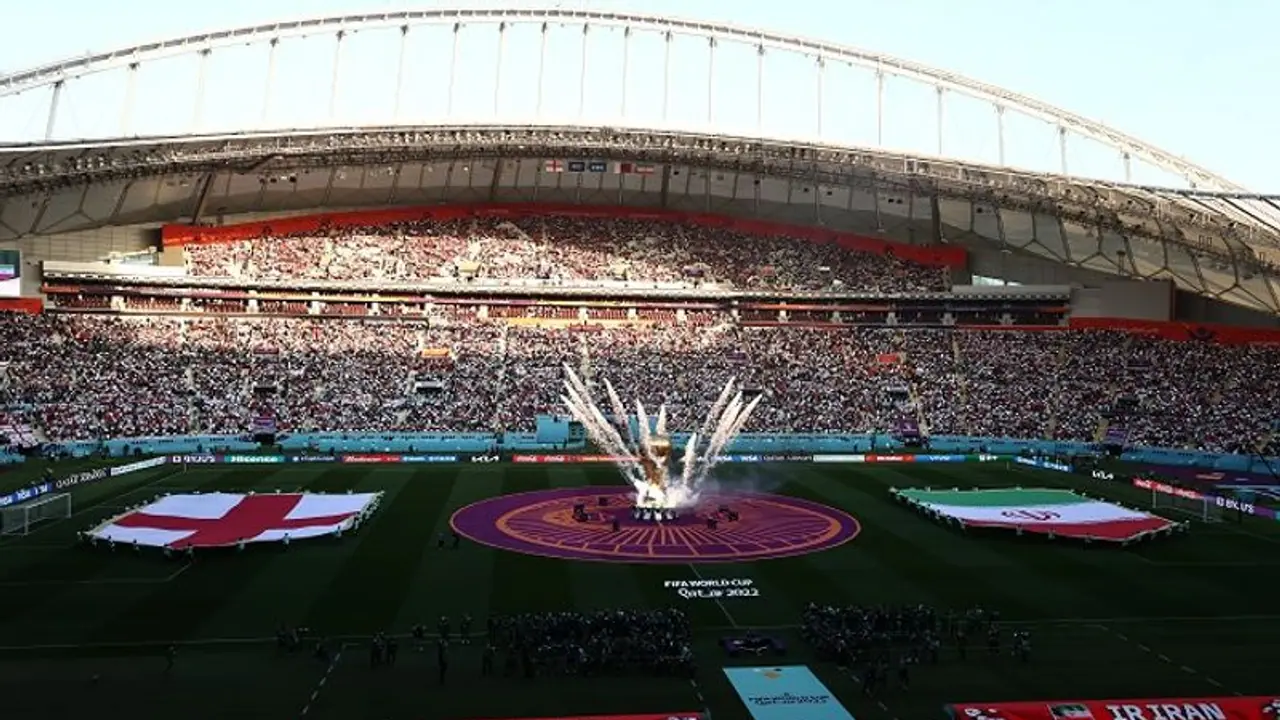The Iranian players were seen standing impassively and grim-faced as their anthem rang out around the Khalifa International Stadium in Doha.
Iran's players on Monday (November 21) skipped singing their national anthem before their first game of the World Cup against England, in apparent support for anti-government protesters in their homeland.

Speaking to reporters, ahead of the game in Qatar, captain Alireza Jahanbakhsh said the team would decide together whether or not to refuse to sing the anthem in a show of solidarity for demonstrations that have rocked the regime in Iran.
The Iranian players were seen standing impassively and grim-faced as their anthem rang out around the Khalifa International Stadium in Doha.
This revolt sparked by the death of Mahsa Amini after her arrest for flouting the strict Islamic dress code on September 16, has gripped Iran for over two months.
Mahsa Amini (22) an Iranian of Kurdish origin, died three days after her arrest in Tehran over an alleged breach of the Islamic republic's dress code for women, which includes the mandatory hijab headscarf.
Also read: Qatar World Cup 2022: Schedule, Squad, SWOT analysis for England
Dozens of Iranian public figures, athletes and artists have displayed solidarity with the protesters, but not the national football team, until today.
Last week, Jahanbakhsh, who used to play for English club Brighton, was angered by a question from a British journalist about the anthem issue.
"Every single player has a different celebration and you ask about national anthem and that's something that also has to be decided in the team, which we already talked about," he said.
Also read: Qatar World Cup 2022: Schedule, Squad, SWOT analysis for Portugal
"But we never made a big deal out of it, to be honest, because everybody is only thinking about football," he added.
According to Oslo-based group Iran Human Rights, over 300 people lost their lives in protests since Amini's death. The state's response has led to questions over whether the team represents Iran or the regime that has ruled with an iron fist since the Islamic Revolution of 1979.
